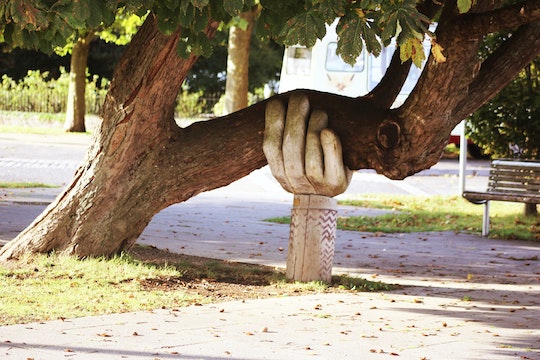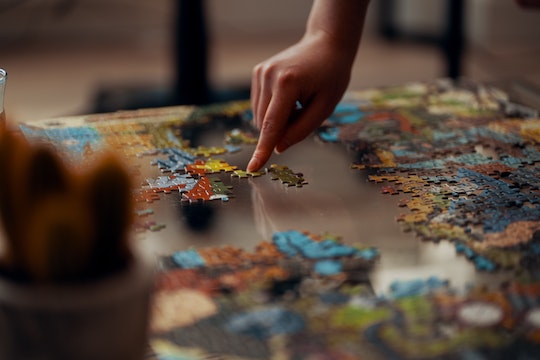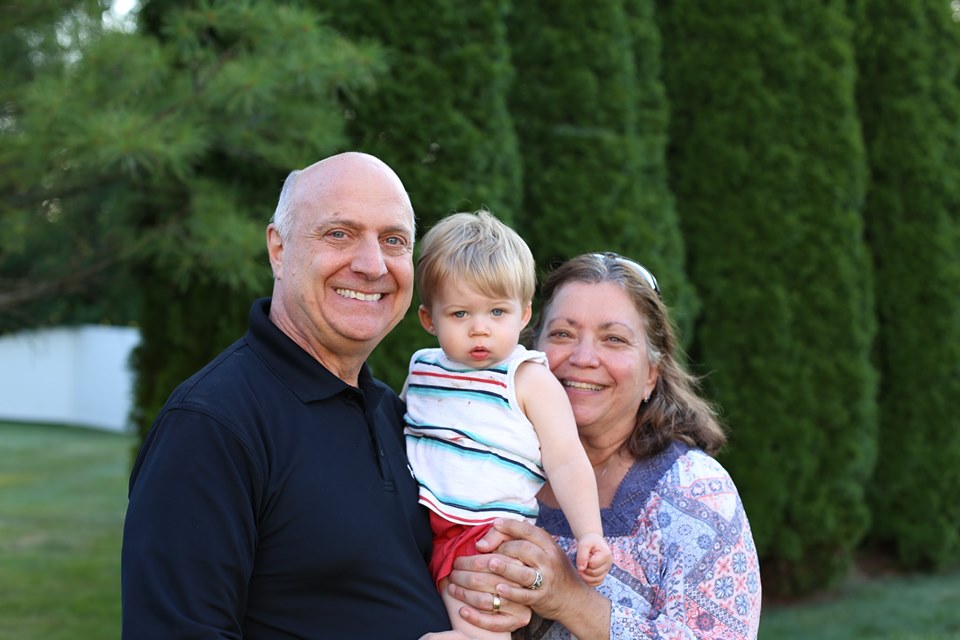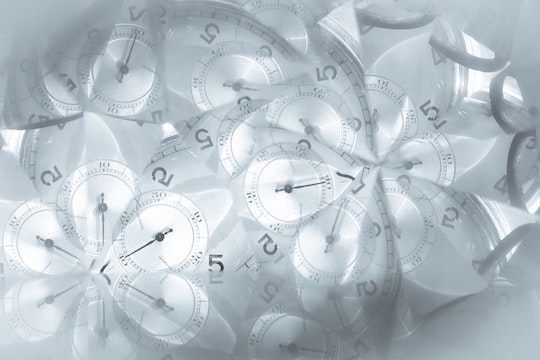“When you edit your soul, no one wins.”
—Erin Loechner, Author of Chasing Slow
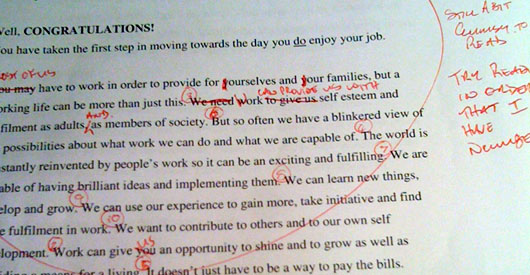
Image from Pinterest
To what degree have you done more than a bit of soul searching over the past several months?
What have you discovered about yourself, those you care about, your community, and the world?
It appears that many of us are reading deeper than at any other time in our lives, to a more soulful and sacred place in which passion, purpose, and our very best selves reside.
Another quote from Erin’s book is “Keep slowing down. You’ve got a race to lose.” This may be pointing us to the “rat race” many of us run unknowingly.
Consider your soul as a kind of Pulitzer Prize of Life, which requires no editing. It need only be read and re-read, expressed and shared generously.
EXERCISE:
What are a few soul-searching activities you engage in on a daily basis?
How can and will you bring forth the very best of you so everyone wins?



